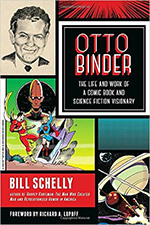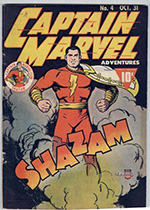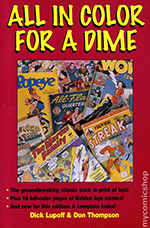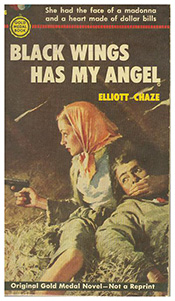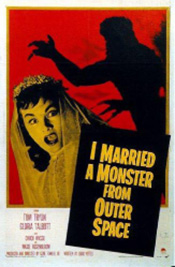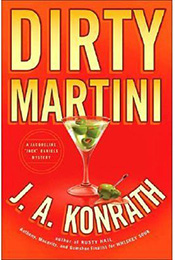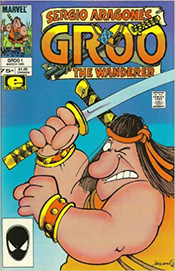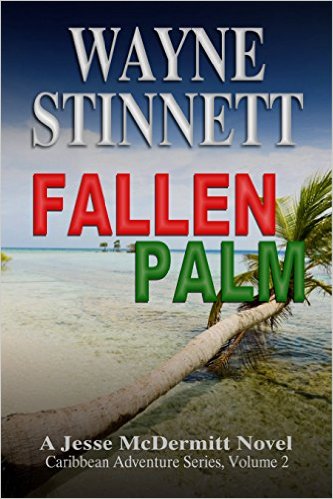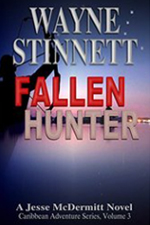The problem with writing is that it looks so easy everyone thinks they can do it. If you can write an email or school assignment you can write a short story or novel, right? Wrong. No one would presume that they could become a doctor, lawyer or scientist without studying for years, but people do think they can become a writer immediately. People seem to believe that just because they have a computer this somehow gives them the ability to write. Do not mistake the technology for the skill. Owning an airplane does not make you a pilot.
I once heard the great novelist Tony Hillerman say that there are child prodigies in art and music but not in writing. That’s because learning to write takes life experience and years to master. As a long-time professional writer, I’ve seen the mistakes beginning writers make. I’ve also seen not so beginning writers make some of the same mistakes. Learning to write takes time. Whether you do it with a teacher or by yourself, it’s a long haul.
Here are a few of the mistakes that beginning writers make. If you’re making them, don’t despair and be patient with yourself. Before learning to walk one must crawl. No one comes out of the womb with running shoes on. (That sounds painful).

Point of View
1. Viewpoint changes. Is your story being told in first person, third, or omniscient? Pick one and stick to it. Don’t start in omniscient and then change to third person in the next sentence or even the next paragraph. (Yes, there are writers who do these things in stories and novels but they have been writing a long time and are very experienced. And even they sometimes have difficulty with point of view).
2. Tense changes. Is your story or novel being written in the past tense? Present tense? Decide on one and stay with it.
3. Dialogue that doesn’t advance the story, reveal character, relationships, or setting. This is extraneous, or small talk. A story is not like real life where people repeat themselves or take their time getting to the point (or sometimes never get to it).

Conflict
4. Lack of conflict. It is so! It is not! Without conflict your story just sits there. A parked car may be nice to look at, but it won’t take you anywhere.
5. Weak characters. Your main character(s) must have a need or goal and he or she must go after it. They cannot be passive. And their goals cannot be easily obtained. Also, your main character ought to be likable and sympathetic. There are writers who insist that it’s okay to write about an unlikable character. Maybe they can make it work but there has to be something that keeps the reader reading. You don’t want a reader to stop in the middle of your story or book because they don’t care what happens to your mean, rotten hero or heroine. (Yes, there are occasional exceptions such as anti-heroes and of course, Ebenezer Scrooge).
6. Too much background or description. Knowing what to put in and what to leave out is a skill in itself. Don’t fall in love with describing the furniture, clothes and curtains, unless this is really important to the story. Or for that matter, don’t give the entire history of a character at all once. (Literary novels are sometimes guilty of this). We are not writing in the nineteenth century before the invention of film, TV, and the internet. Readers want a good story and likable characters, not a home furnishing catalogue or biography.
7. Too much telling not enough showing. What this often-repeated writing axiom means is that prose writing is not a radio show where everything has to be told. (“Hey, what’re you doing with that gun? I bet you don’t have the guts to use it.”) Prose writing relies on the reader bringing their own intelligence to a scene. Everything does not have to be told to them. For instance, instead of having the character say: “I bet you don’t have the guts to use it.” The character could make the observation, (“His hand was shaking. He was sweating. He licked his lips.”) Now, we as the reader get the idea that the gunman is nervous and maybe doesn’t have the guts to do it, but we are seeing it, not being told.
8. Confusing, contradictory or repetitive. Who’s talking? What’s going on now? Didn’t the writer say that happened earlier, but now the reader is learning that it didn’t. Haven’t we already been told this before? Or not?
9. All action, no characters. Car chases, monsters, spaceships and lots of things happening. But because there are no real characters in the story we couldn’t care less. Many special effects laden movies have this problem, but it can just as easily happen in a story or novel.
10. All character, no action. The flip side of the previous one. Endless talk but no one ever does anything. A yawn fest. Even in a play which is mostly dialogue the characters do things and events happen. (And yes, I have read Waiting for Godot).

Tricks and gimmicks
11. Stories that rely entirely on tricks and gimmicks such as, strange viewpoints (animals, objects), odd settings (inside video games, parallel dimensions) and surprise endings. These are often stories with no characters in it. It’s okay to have a surprise at the end, or to have talking animals or objects, be in a video game or another dimension, but make sure you have a real story and actual characters to go with it.
12. The story is too imitative of another story. Bring your own experience, emotions, loves and even hates into a story. It’s all right to be influenced by another writer when starting out, but look for those things that you know and care about. The very things you think will not be interesting to a reader might make a great story. I’ve heard beginning writers say that nothing ever happened in the small town where they grew up so they’ll write about a city they’ve never been to. Write about that town! Don’t dismiss your own background and personal experience. Mine them for the gold they contain. The more of yourself that you put into your work, the more unique it will be. That’s what all the writers you admire did. Now go find your own voice. It’s within you.
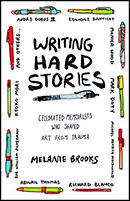 As a writer, my aim is to entertain. My stories are fiction, filled with adventure, magic, mystery, fantasy, or humor. But there is another class of story that has nothing to do with escapism, in fact, it’s the polar opposite. These are true stories of real people’s experiences coping with some of the most difficult moments of their lives. Reading these can be cathartic and may make one feel less alone. This is the principle behind peer support groups. Listening (or reading) about how people have gotten through emotional or physical pain can help you navigate these extremely turbulent waters. The sharing of experience, strength and hope is very important on the road to recovery. In addition, recounting your own story can help others.
As a writer, my aim is to entertain. My stories are fiction, filled with adventure, magic, mystery, fantasy, or humor. But there is another class of story that has nothing to do with escapism, in fact, it’s the polar opposite. These are true stories of real people’s experiences coping with some of the most difficult moments of their lives. Reading these can be cathartic and may make one feel less alone. This is the principle behind peer support groups. Listening (or reading) about how people have gotten through emotional or physical pain can help you navigate these extremely turbulent waters. The sharing of experience, strength and hope is very important on the road to recovery. In addition, recounting your own story can help others. Along these lines, is a new book called Writing Hard Stories, Celebrated Memoirists Who Shaped Art from Trauma, by Melanie Brooks. Brooks interviewed a number of writers who have written books about the darkest times in their lives. These include the deaths of partners, parents, siblings, children, as well as growing up with racism, sexual abuse and illness.
Along these lines, is a new book called Writing Hard Stories, Celebrated Memoirists Who Shaped Art from Trauma, by Melanie Brooks. Brooks interviewed a number of writers who have written books about the darkest times in their lives. These include the deaths of partners, parents, siblings, children, as well as growing up with racism, sexual abuse and illness. Writing Hard Stories is about how these courageous men and women were able to survive their trauma and write about it. All of them struggled to tell their intensely personal stories. It took years before some were able to finally pen their books. A few had such difficulty confronting their ordeals directly, that they initially wrote their travails as novels before eventually turning to non-fiction. Whether you’re considering writing your own memoir or want to know how these acclaimed writers kept going through the crises in their lives, this book is well worth reading.
Writing Hard Stories is about how these courageous men and women were able to survive their trauma and write about it. All of them struggled to tell their intensely personal stories. It took years before some were able to finally pen their books. A few had such difficulty confronting their ordeals directly, that they initially wrote their travails as novels before eventually turning to non-fiction. Whether you’re considering writing your own memoir or want to know how these acclaimed writers kept going through the crises in their lives, this book is well worth reading.

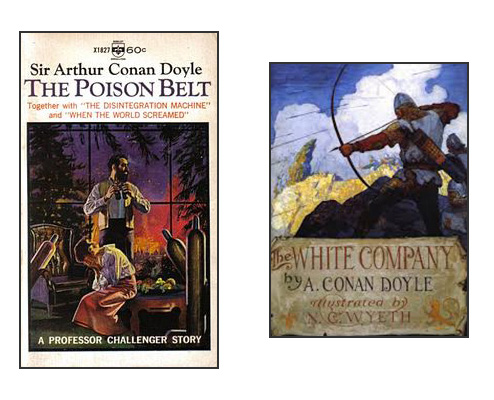

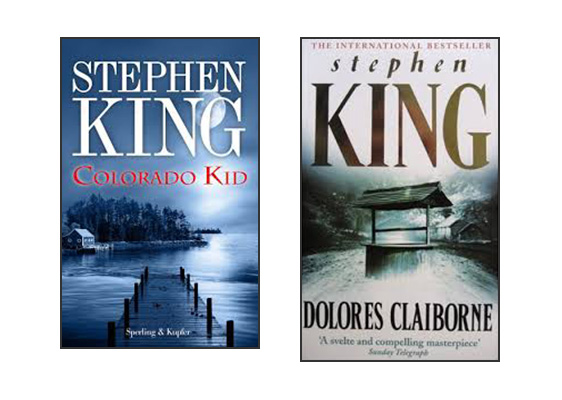
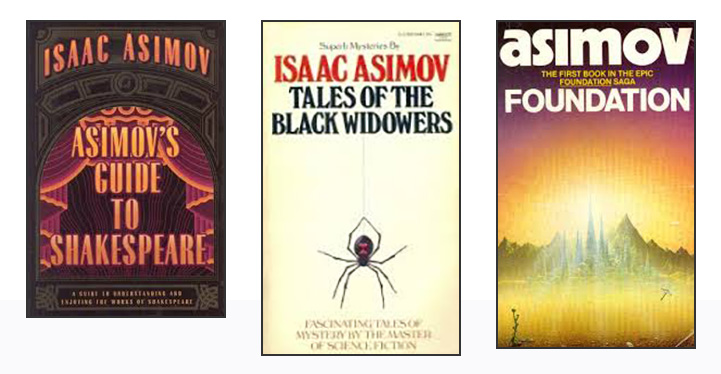





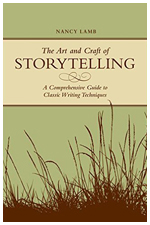
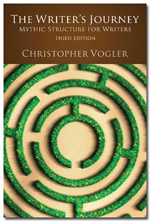
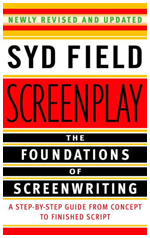
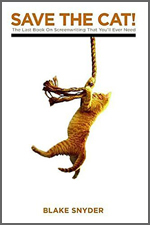







 THINGS TO SAY TO A WRITER YOU’VE JUST MET
THINGS TO SAY TO A WRITER YOU’VE JUST MET
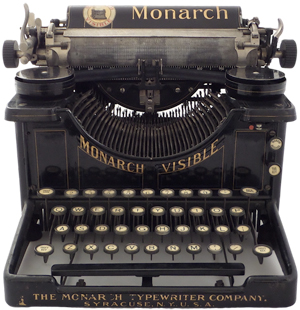


 Check out the new webcomic Tom’s Tiki Bar, written by me and drawn by Jason Chatfield.
Check out the new webcomic Tom’s Tiki Bar, written by me and drawn by Jason Chatfield.


